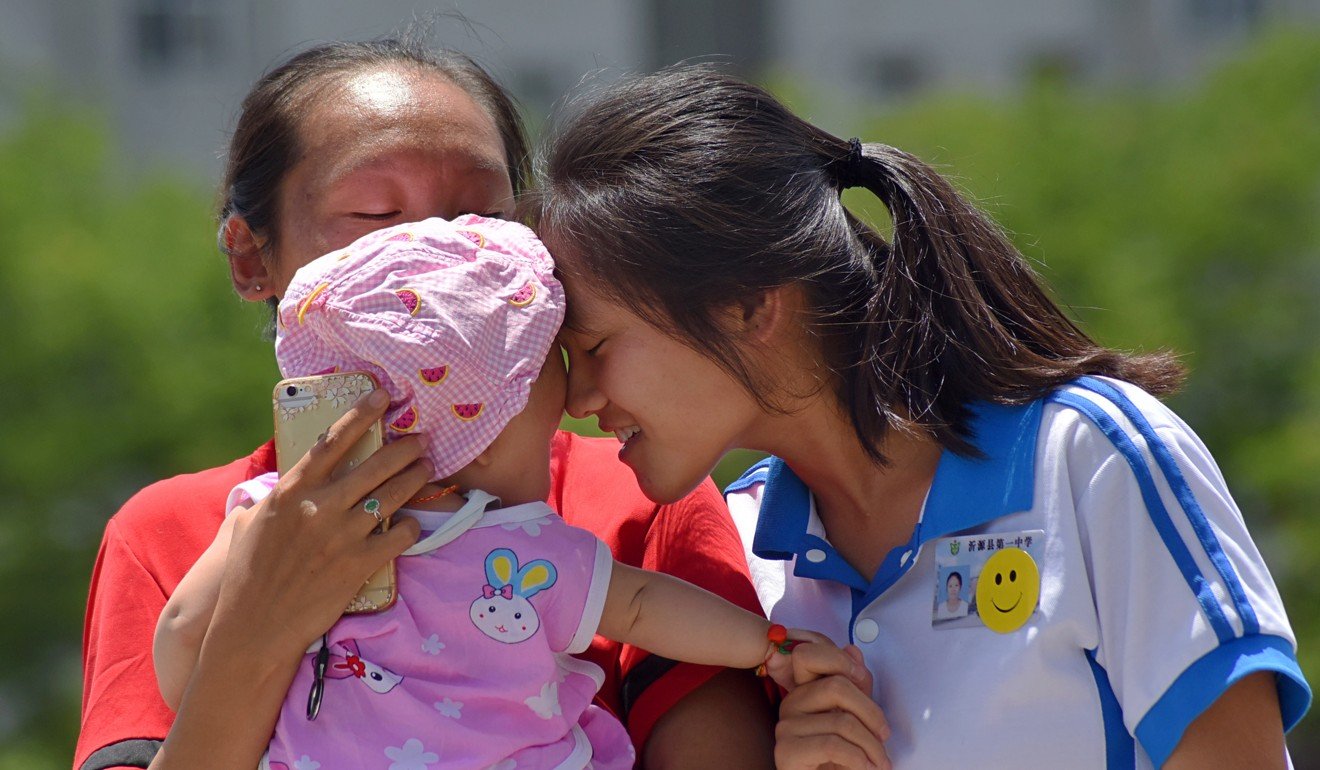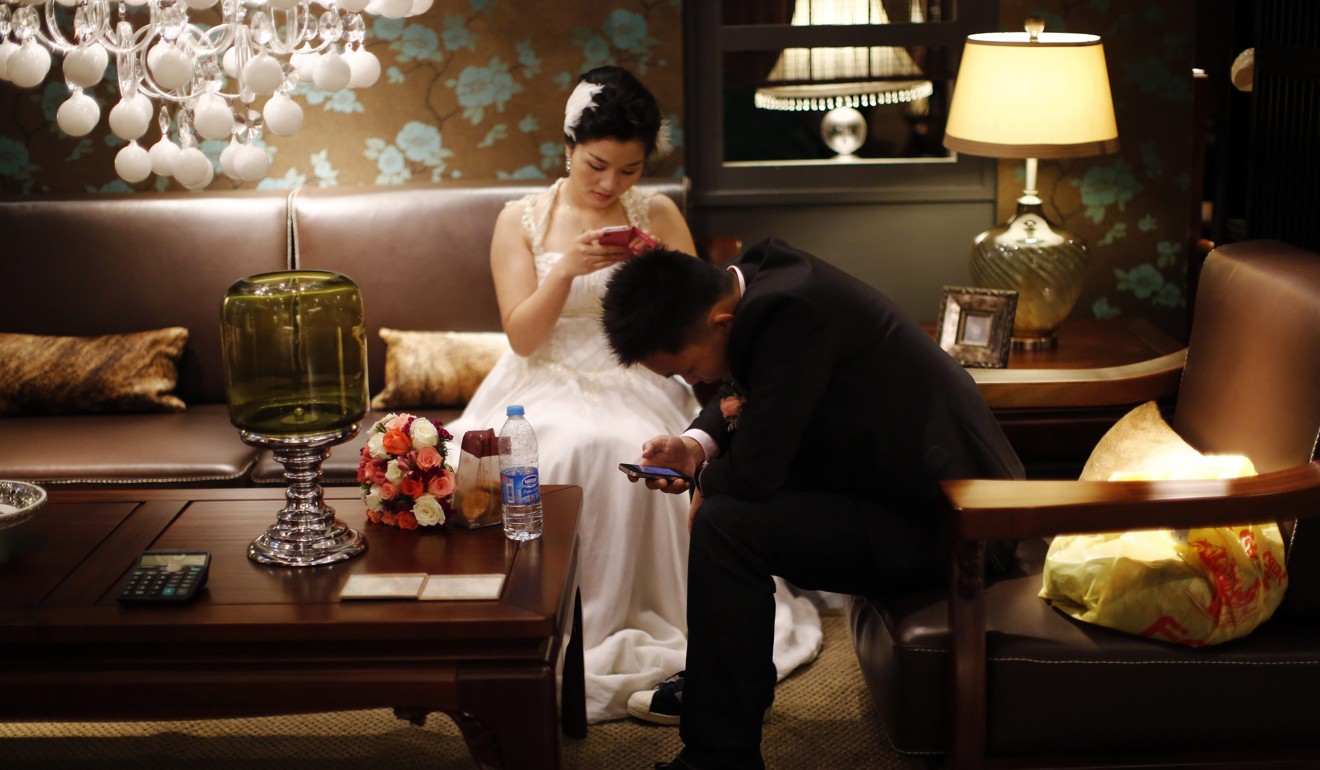
Why many Chinese women are giving motherhood a miss – it’s not just the high cost of raising a child
- Women from the one-child generation tend to be assertive and career-focused. Their aspirations do not always include motherhood and they are less influenced by calls from the government
- Beijing should introduce and enforce policies to support working women – including single women – who want to have children
After the Chinese Communist Party took power in 1949, Chairman Mao Zedong foolishly encouraged women to produce more children, believing that a large population would be good for nation-building, without considering the strain this would put on resources.
Women with more than five children were referred to as “glorious mothers”. When the authorities realised their mistake, an ineffective voluntary family planning policy was put in place in the late 1950s.
To ensure that most couples adhered to the policy – with the exception of ethnic minorities and rural couples whose firstborn was a girl – coercive and sometimes brutal measures, such as forced abortion, were deployed. The birth rate dropped dramatically, from 5.9 in 1970 to 1.6 in the late 1990s.
When the one-child policy was lifted and people were allowed to have a second child, the whole nation let out a collective sigh of relief. The number of babies did rise the following year but then fell again several years in a row.
But the reality is far more complex. One important reason, in my view, is that women have changed. They don’t care to be only the reproductive tool of the family or the state.

The story Jojo Zhang, a 36-year-old bank manager in Beijing, narrates is quite typical. Zhang was one of the women who responded to a post I put up on WeChat, looking for women to interview who have given motherhood a miss.
An only child, she had loving parents and a happy childhood. But she never had a burning desire to have children. About 10 years ago, some of her friends got married and started to have children. Few found the experience rewarding. “It just takes too much time and energy,” they advised her. “Don’t bother having children.” She took it to heart.
Why today’s little emperors will soon be China’s little slaves
“We modern women have many hats,” Zhang says. “We have our careers, our friends, our hobbies and interests. Personally I don’t need to have children to feel fulfilled.” She is a passionate traveller and yoga practitioner.
Although her parents were not thrilled with her decision not to have children, they grudgingly accepted it. Her long-time boyfriend, however, broke up with her.
She’s now with an older man who has children from an earlier marriage. She added that she gets along well with her stepchildren, but didn’t expect them to look after her in her old age, for which she has prepared financially.
In China, parents used to rely on their children to care for them in their old age. But affluent middle-class Chinese are well able to take care of themselves in their retirement, which reduces the practical need to produce offspring.
Besides, China is not the best country to be a mother.
According to a survey conducted by Zhaopin, one of China’s largest online recruitment platforms, in 2017, 40.1 per cent of working women with no children were unwilling to have children, 62.7 per cent with one child didn’t want another one and 63.4 per cent believed childbearing would negatively affect their career development.
Boss of China’s Trip.com on a mission to promote working mothers
This was a major consideration for Wang Li, a 38-year-old consultant in Shanghai, when her husband raised the question of having a second child back in 2016. Wang refused, worrying that it would dampen her career prospects.
Times have changed. The title of “glorious mother” has lost its sheen and women don’t respond to the government calls the same way women did in the 1950s.

If the authorities are truly concerned that the low birth rate is threatening China’s economic growth, then allow women, single or married, to have children. In the end, to have children or not is a woman’s right.
Lijia Zhang is a rocket-factory worker turned social commentator, and the author of a novel, Lotus

